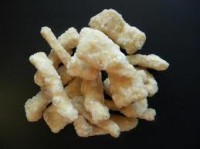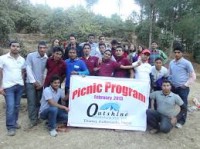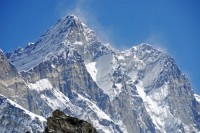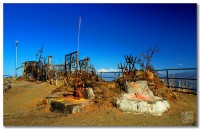The festival of water
A festival of water, blessing, amusement and merrymaking, Joorshital is widely celebrated by the Tharu community in Nepal. Falling on the first of Baisakh depending upon the lunar calendar, the festival also marks the arrival of New Year for the Tharu community. This festival is also known as Siruwa Pawain or simply Siruwa as it comes in the beginning of each year marking the beginning of the festivals as well.
Literally, Joorshital means ‘cooling by the means of water’ so, the festival is celebrated by throwing water at each other. This is one of the major festivals of Tharu community and in Nepal, it is this community which celebrates the festival with great joy and merrymaking. However, other communities residing in Terai have also come to celebrate the festival along with the Tharus.
According to the legends, there lived a young prince who was an extraordinary learner. Not only he was the greatest linguist of his time but was also capable of understanding the languages of the animals and birds. Kapil, one of the gods in heaven, became jealous of his talent so, he came down to Earth to challenge the prince. He put forward three riddles with the bet that if the young prince failed to give the right answers within seven days, he would lose his head but if he succeeded, the god himself would give him his head. The young prince was nervous of loosing as it seemed that finding answers to such difficult questions was near to impossible. In his dilemma, he stopped at the foot of a tall tree on the bank of the river which had an aerie at its top. Fortunately, the prince heard the mother eagle comforting her eaglets crying for more food by saying that they soon would be feasting on the body of the young man who would fail to solve the riddles. After that, she narrated the story of the bet between the prince and the god where she also mentioned the right answers to her eaglets to satisfy their curiosity.
The prince, on the appointed day, gave all three correct answers to the god who then, lost the bet and as promised, cut off his own head. However, his head could neither touch the ground (earth) nor be kept in the sea as the sea would dry up by the heat. Also, it could not be placed on a mountain which might turn into ashes by its enormous heat. In order to avoid it, the seven daughters of the god carried his head on the Meru (pivotal wheel) all year round taking turns. Each year, they shifted their turns which happened on the day of Joorshital.
The Tharu people bless and amuse themselves by throwing water at each other on this day. The elders would get up early, take a bath and carry clean water in a jug and sprinkle it on the heads of the juniors giving their blessings while the younger sprinkle water at the elder’s feet seeking blessing. The people of equal age and ranks, especially the youngsters, throw water on each other’s body. This is believed to be done along with the wish of having a cool, fruitful and beneficial year. People also pour water on the passersby, depending up on their age and sex. The tradition of throwing water is believed to be connected with magic as people believe that throwing water on this day will produce same result on the actual rains. It is also believed that on this day, the gods, especially the Nagas, (mythical serpents) sport themselves by spouting water from Celestial Ocean.







